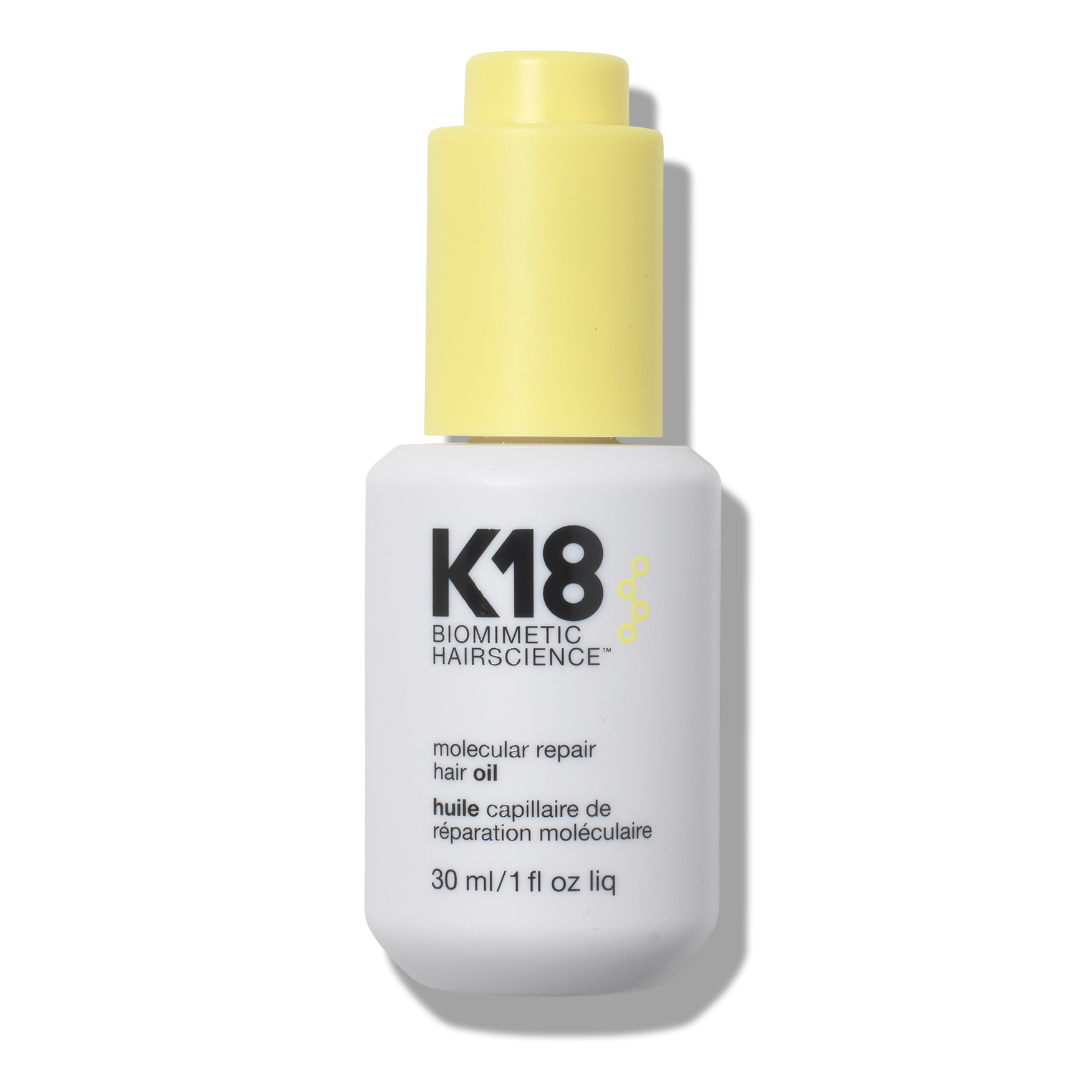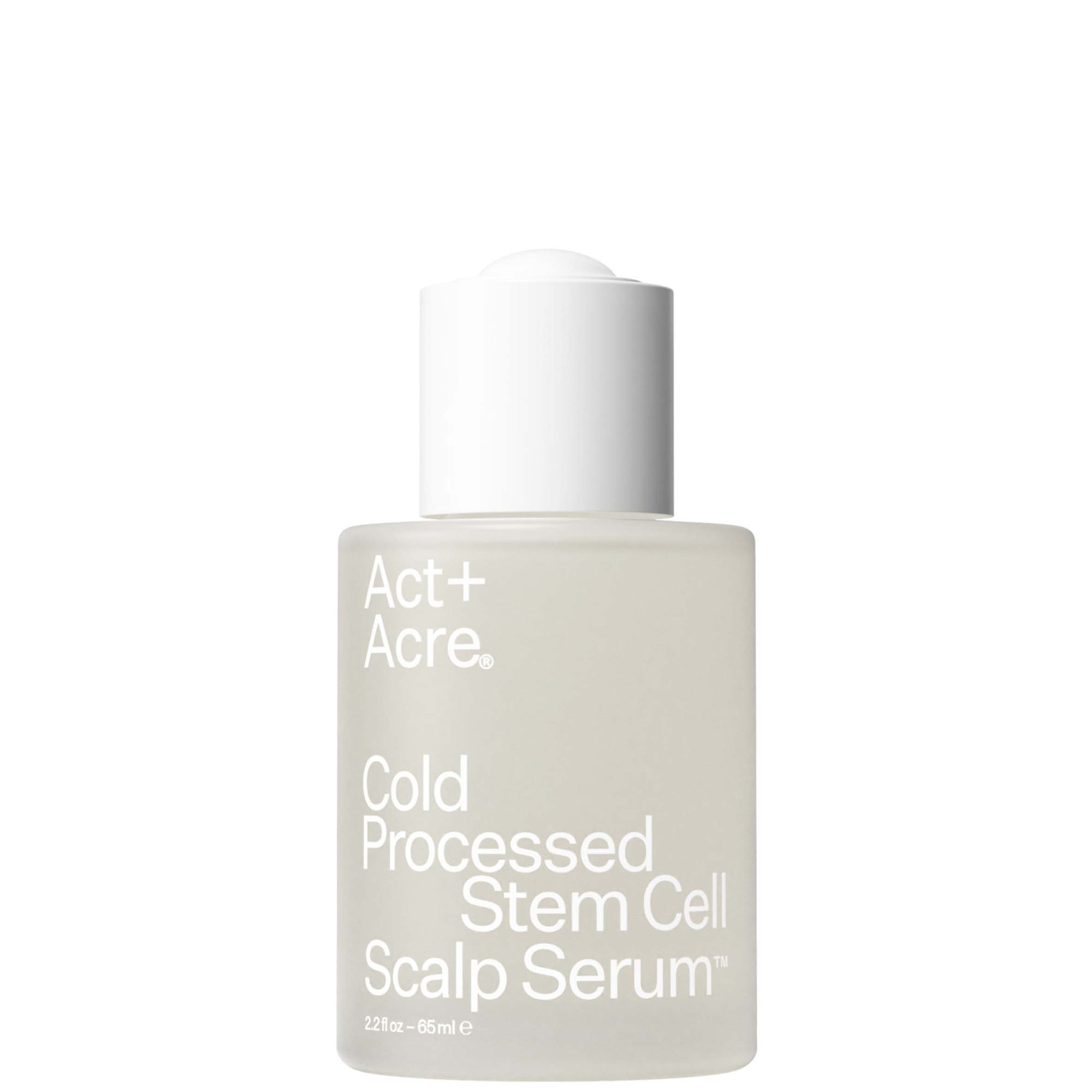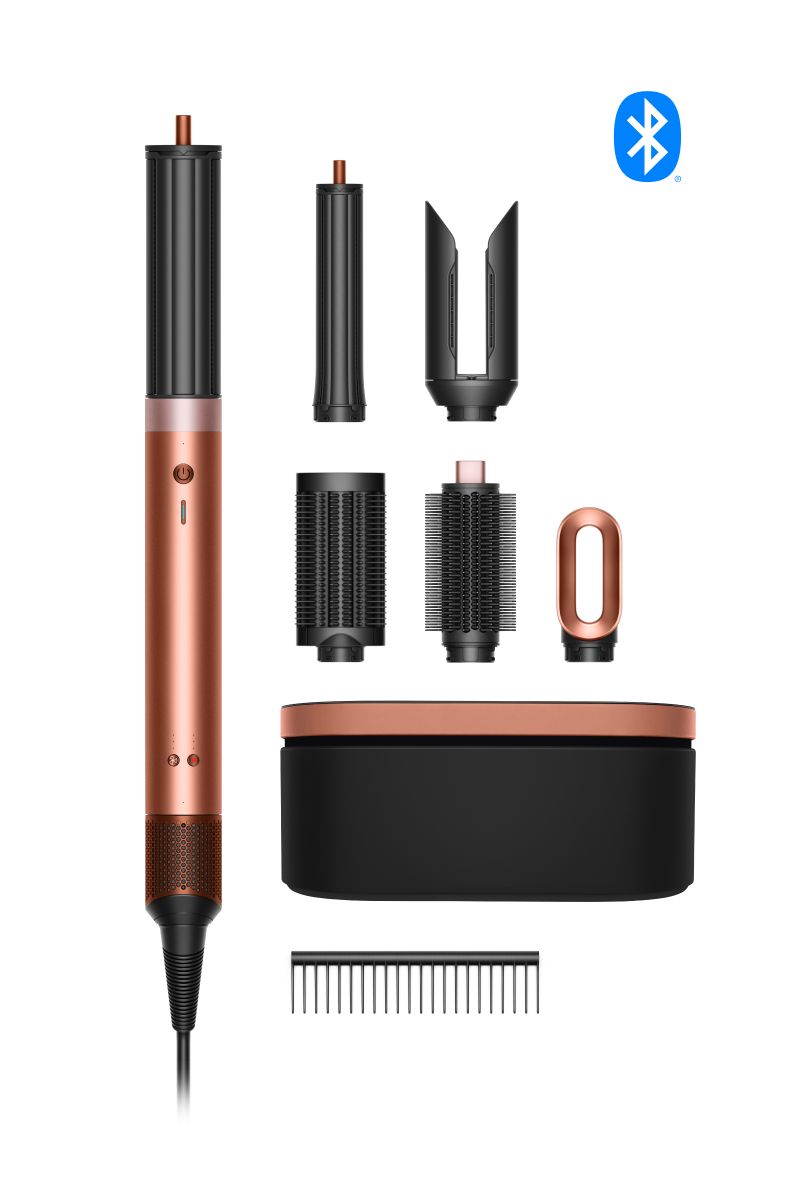Longevity Is Booming in Beauty—Here’s What It Means for Your Hair Routine
Prevention, protection, and proactive renewal

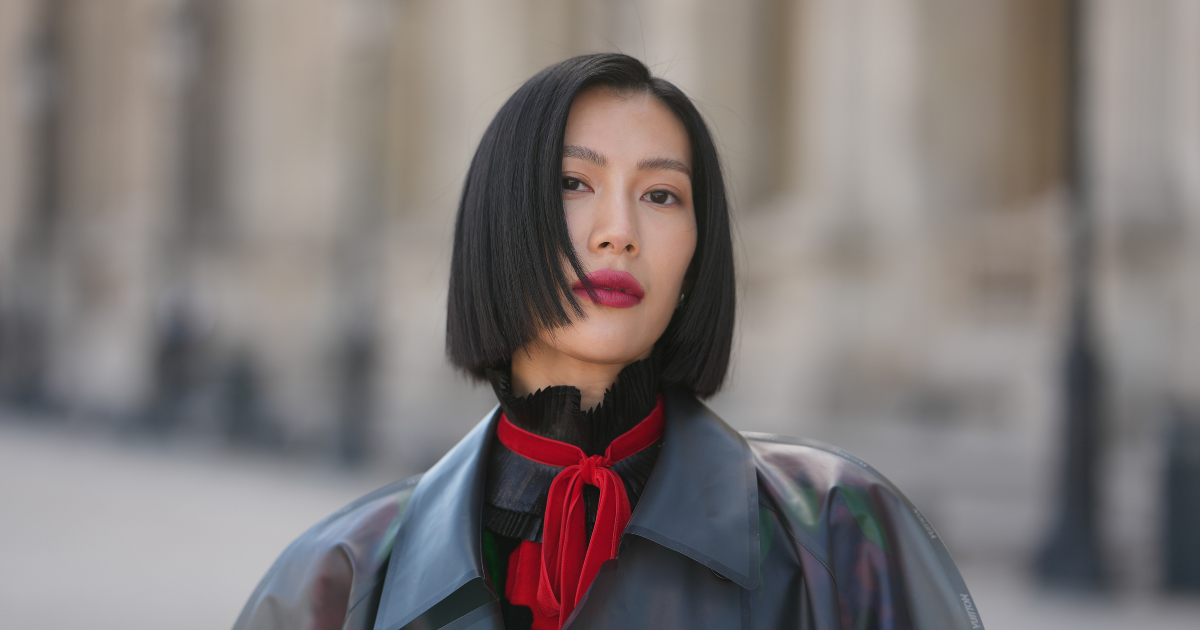
Celebrity news, beauty, fashion advice, and fascinating features, delivered straight to your inbox!
You are now subscribed
Your newsletter sign-up was successful
Over the last couple of years, the practice of longevity has become almost impossible to escape, especially in beauty and wellness. In skincare, it has inspired age-defying serums, NAD-boosting creams and supplements designed to extend the life of skin cells and preserve a youthful glow. In wellness, it has manifested as biohacking routines that promise not only longer lifespans but healthier ones. The next area embracing this shift? Hair.
What does longevity have to do with hair? Actually, quite a bit. Not in the way that it impacts our lifespan, hair longevity is concerned with the way hair and scalp ages, how it responds to stress, and staying strong and healthy. If longevity is about optimising overall health, it makes sense that it would also apply to hair—and more specifically, the scalp. We’ve seeing brands like K18, Hårklinikken, monpure and Act + Acre incorporate the practice into their ranges from cold processed stem cell serums that sends signal to your scalp to supplements that address stress, gut imbalance and nutrient deficiencies to promote hair growth. Haircare as we know is changing.
So what does hair longevity actually mean? Suveen Sahib, co-founder and CEO of K18, defines it as “protecting the living follicle below the scalp and preserving the structural resilience of the fibre itself.” He goes on to explain that “while the follicle is a dynamic biological system, the emerging strand is a fragile biochemical structure of amino acid chains and peptide bonds, constantly interacting with its environment. Just as skincare longevity sustains cellular youth, hair longevity means extending follicle vitality and maintaining the fibre’s original strength and memory against stressors like UV, bleach, and humidity.” And so, hair longevity is less about how hair looks and more about how it endures over time.
Hair longevity means supporting the whole growth cycle, not just masking damage.
Suveen Sahib, co-founder and CEO of K18
This shift isn’t only coming from haircare brands, it’s been driven by customers too. More people are concerned with scalp health and hair loss, with the focus moving away from temporary fixes towards long-term resilience and prevention. At its core, hair longevity reframes hair from being treated as a decorative accessory to being understood as part of the body—that requires the same maintenance as any other part of the body.
Traditionally, haircare has been rooted in washing, conditioning and styling. Longevity represents the next stage in that evolution. Rob Smith, Senior Principal Scientist at Dyson Beauty, notes that “longevity integrates those fundamentals with follicle-support science, targeted ingredients to protect lipids, proteins and pigments, device-led temperature and airflow control, and a prevention-first mindset.” For Dyson, he explains, “it’s about protecting hair so it performs at its best for longer. That means stronger, shinier, smoother hair that resists breakage and colour fade—not just today, but over time.” Unlike traditional haircare, which targets surface level issues like frizz or dullness, longevity products aim to address the root causes, such inflammation in the scalp, nutrient depletion, and weakening fibres for overall healthier hair.
This new focus is being fuelled by many things from being more open with conversations on hair loss and thinning to the skinification of how we look after our hair. Dr Sidra Khan, Consultant Dermatologist, argues that this shift is long overdue: “While it may be trending, the science underpinning it is not new. From a dermatologist’s perspective, this represents a necessary and welcome focus on prevention and long-term health, rather than short-term fixes.”
So, how much of it is just clever marketing? Many longevity formulations rely on biotech advances: antioxidants to combat follicle ageing, peptides to strengthen fibres, exfoliants to support healthy turnover, and microbiome-balancing actives to protect scalp ecosystems.“Advances in peptide biology, mitochondrial support, and epigenetics let us intervene earlier to extend growth, density, and color. This is a shift from covering damage to truly preventing it” Smith explains. In one trial, a peptide-based serum improved hair density and reduced oxidative stress after 90 days and this is one of many. This science and innovation is leading the next haircare industry boom, and customers are looking for products and ingredients that will have real impact on the health of their hair, from protecting their scalp to strengthen their scalp barrier.
Celebrity news, beauty, fashion advice, and fascinating features, delivered straight to your inbox!
This is not to downplay the importance of genetics, hormones, diet, and stress. Dr Khan emphasises that, “nutrition, stress management and general health are also important, as they underpin the hair growth cycle.”
The idea of “future-proofing” hair may sound like slick marketing, but the research and biology suggests otherwise. Understanding these processes means we’re able to have real impact. Sahib argues that “hair longevity goes deeper, supporting the entire growth cycle by protecting follicle health, rebalancing scalp ecosystems, and strengthening fibres against future stress. It’s prevention, protection, and proactive renewal—not just cosmetic camouflage.” The move towards embracing hair longevity is reflective of what we’re currently seeing beauty. A move away from solely focusing on repairing visible damage to preventing it even before it happens.
Of course, there is no ingredient or tool that can fully override biology. The most powerful results come from consistent, preventative habits, such as being careful about heat styling, shielding hair from UV damage, reducing harsh chemical processing, and ensuring the body receives the right nutrients. Hair longevity builds on these foundations rather than replacing them for hair that is healthier for longer.
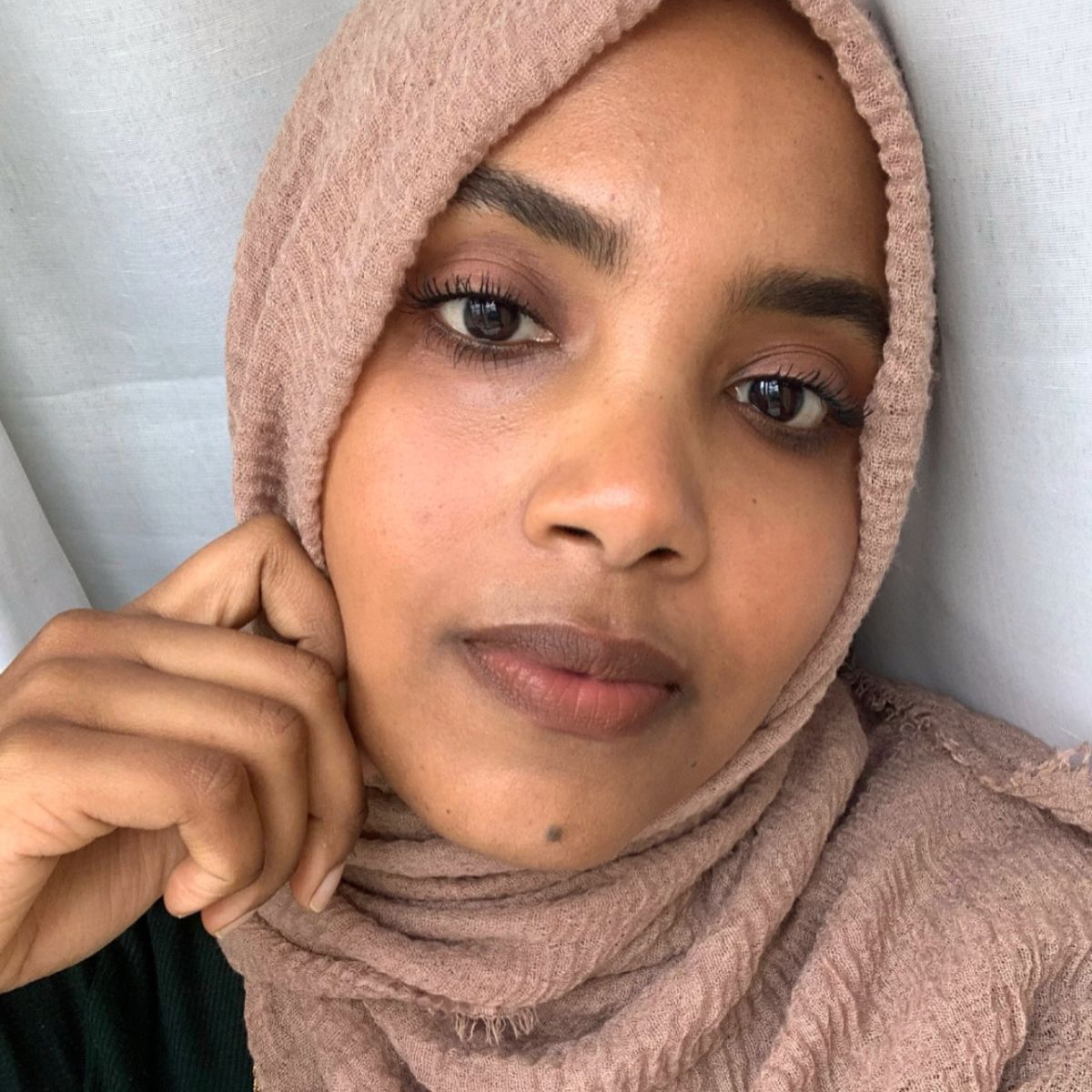
Zeynab Mohamed is a London-based freelance beauty and lifestyle journalist whose work explores the intersection of identity, culture, and the ever-evolving beauty landscape. She began her career on the beauty desk at British Vogue and has since written for a range of titles including Dazed, ELLE, Who What Wear, and Stylist. Her writing often examines how beauty trends both reflect and shape the world around us, particularly how they impact women. She also pens Face Value, her Substack newsletter, where she takes a more personal perspective on the way beauty touches our everyday lives.
